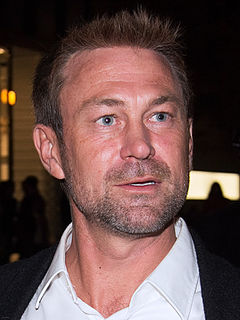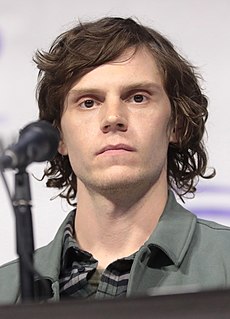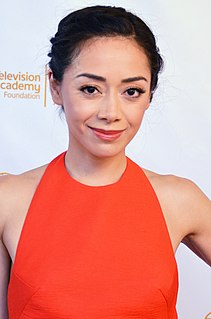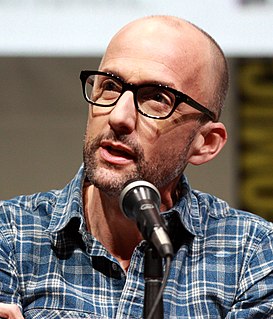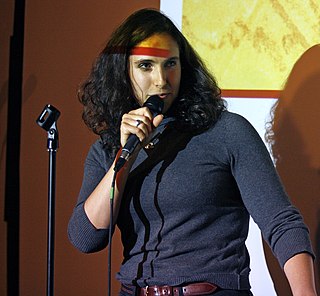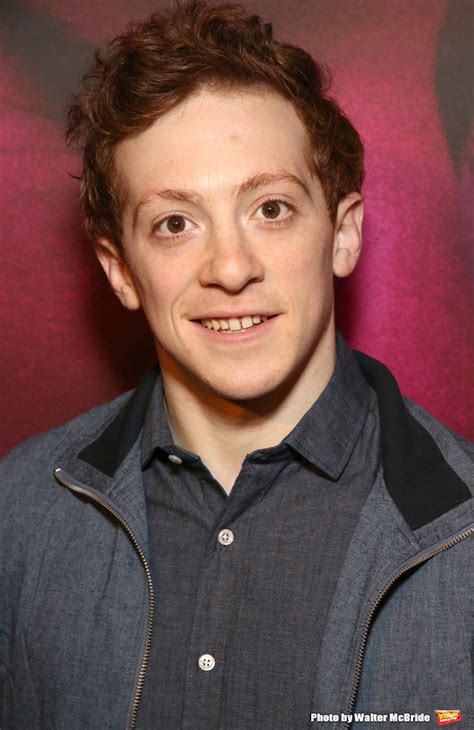A Quote by Jonah Hill
As a writer, I haven't delved into dramatic writing. As an actor, I could always, even more so than comedy, do drama.
Related Quotes
As a writer, I haven't delved into dramatic writing. As an actor, I could always, even more so than comedy, do drama. When you do your comedy and your drama, your acting style doesn't change. If it's a comedy, the situations and the characters might be a little funnier, but you're just trying to be honest.
I've always thought that comedy was just another dramatic expression. I try to measure the amount of truth in a work rather than just looking at the generic distinction between comedy and drama. There's a lot of bullshit drama that leaves you totally cold. And there's a lot of wasted comedy time too. But when you get something honest, it doesn't matter what label you give it.
I have done much more dramatic work than comedic work, but I think comedy is harder than drama in a way. I think it's one of those things that's constantly discussed - people who do comedy think it's harder, people who do drama think it's harder. Usually drama is the one that gets this highbrow respect.
Comedy is more difficult than drama. I think it's really difficult to make someone laugh because people have very different comedic sensibilities. In drama, you can get away with being a great actor and surrounded by great actors and having good writing. But in comedy you have to listen and you have to perform with a certain rhythm, because if you don't, it's like playing a wrong note in the orchestra and you can hear the off key and it will fall flat and you won't get that instant response.
Tweeting is a great way to practice writing jokes, but there is so much more to comedy writing than just jokes. Jokes are a necessity, but you also have to learn how to write characters, to break a story, to keep coherence between episodes. I've learned more by being a TV writer than I ever could've on my own.
Most of the jokes that I wrote were funny and there always seems to be an aspect of comedy in my long-form work. I think that's how life is. I think even the more dramatic moments of one's life are often punctuated by very funny comments or situations. I like to say, "Keep your comedy serious and your drama funny, and you'll be pretty true to life."


